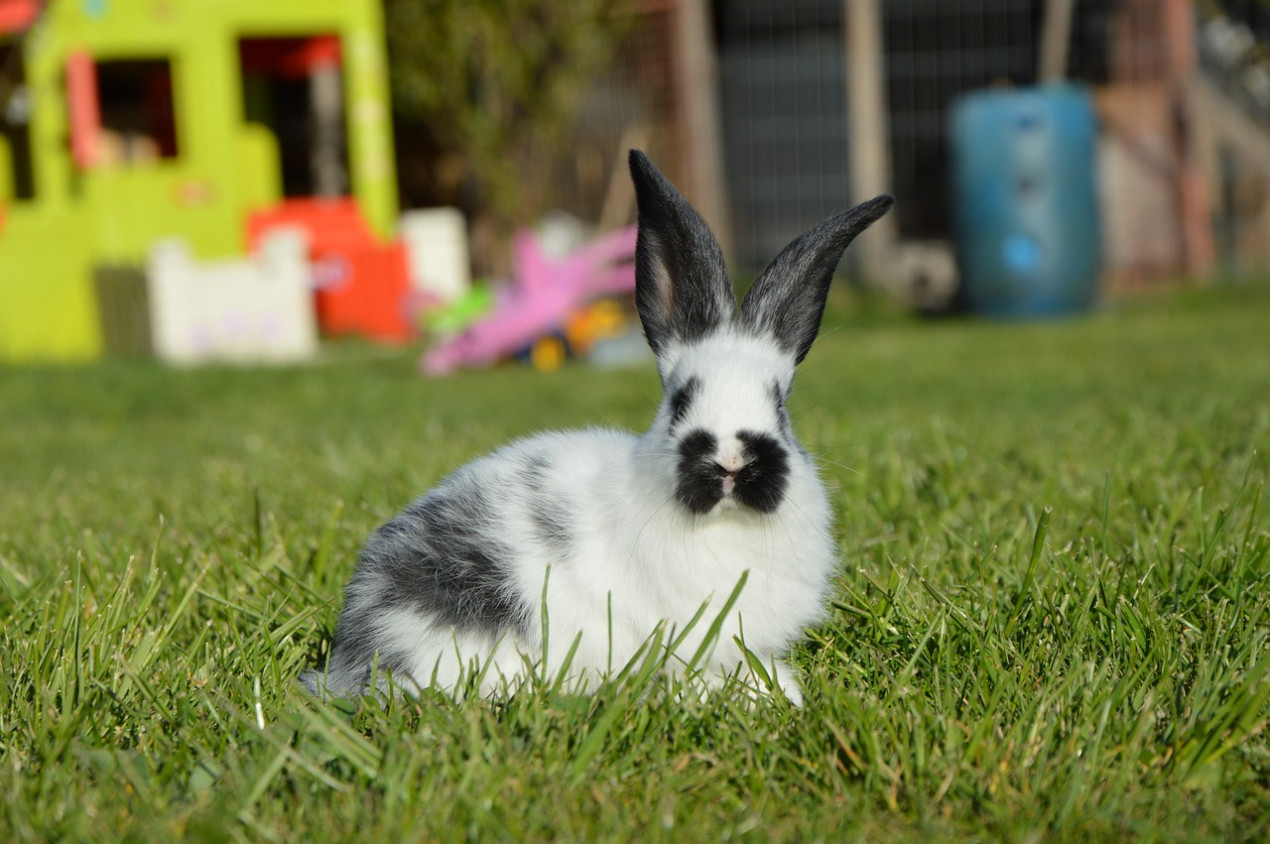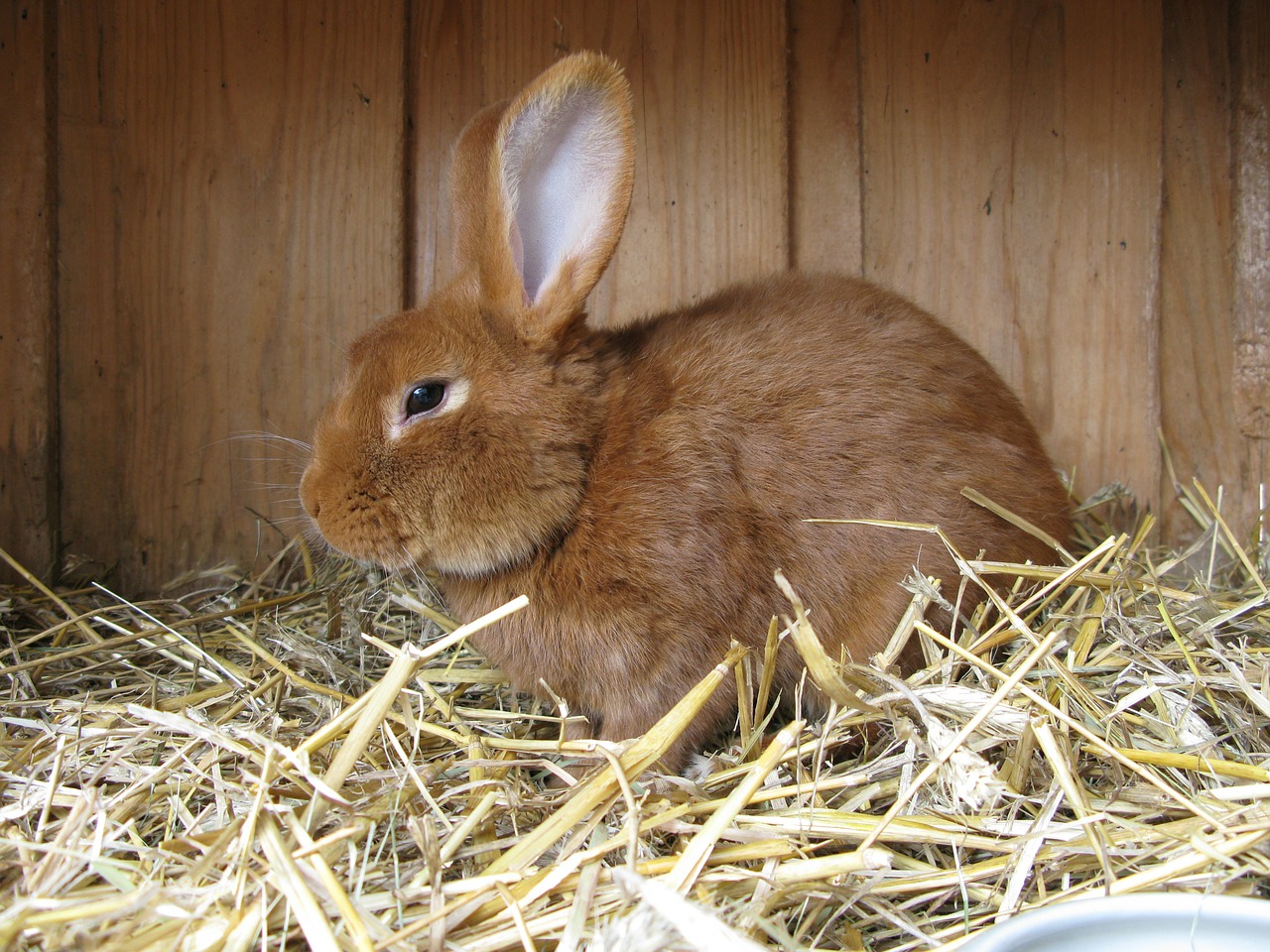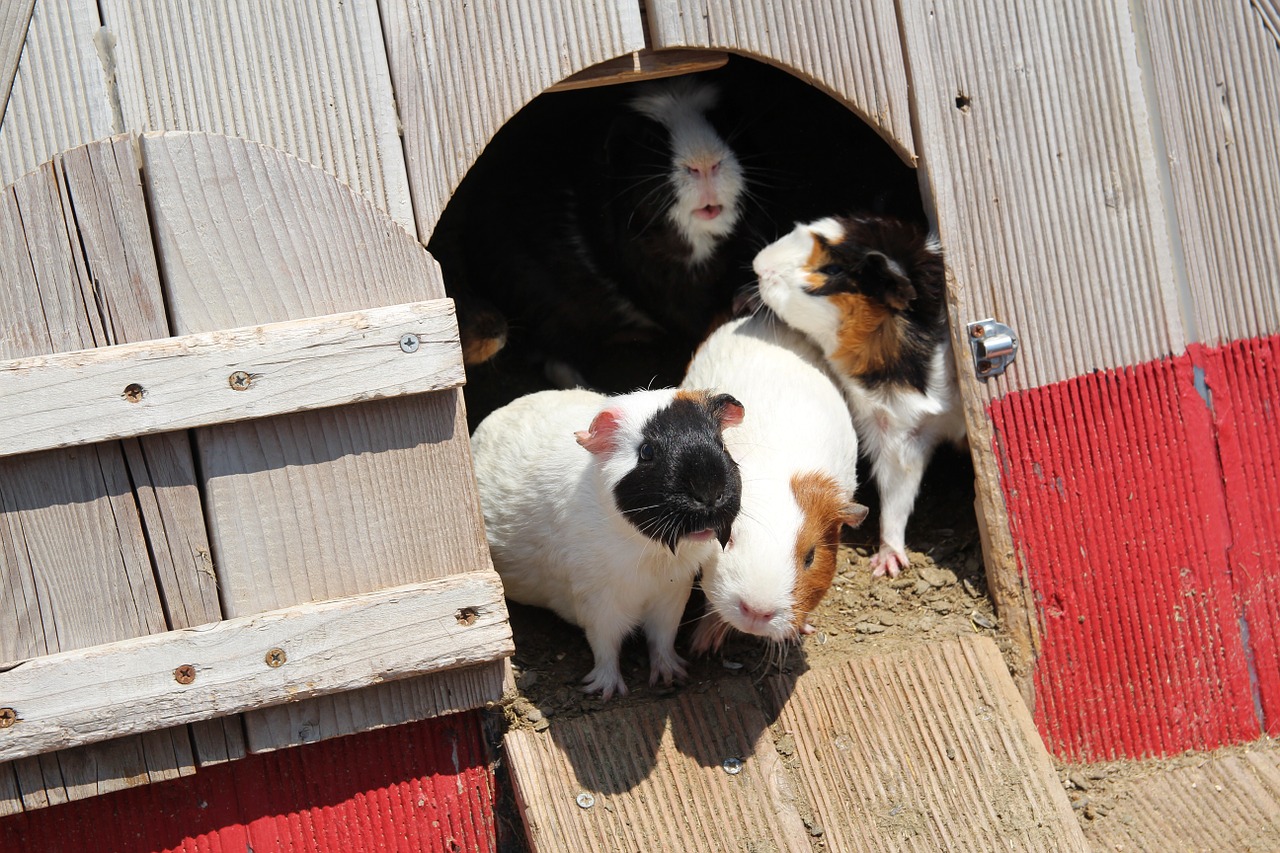Do you need help?

Heat stroke is potentially fatal and a real risk for rabbits, guinea pigs and hamsters in the summer
Rabbit, guinea pig and hamster owners are being urged not to let their pets overheat during warm weather.
During the summer months, our emergency vets see a big rise in calls from owners of almost every pet about potentially fatal heat stroke.
But there has been a particular spike from those worried about rabbits and other “small furries”.
Emergency clinicians believe this is partly because owners of these pets don’t always realise how dangerous it is to leave them in hot conditions.

Steph Dobbs, a registered veterinary nurse who is clinical resource manager of Vets Now’s contact centre, said: “It’s important to emphasise that heat stroke isn’t just confined to cats and dogs.
“Hot weather affects almost all pets, and those who live in poorly ventilated cages and hutches or are placed in outdoor runs are particularly vulnerable as the rise in calls to our pet emergency clinics shows.
“Rabbits, for example, can only sweat through glands on their feet and so should not be exposed to direct sunlight or temperatures above 24C (75F).”
Most small animals don’t tolerate high temperatures as well as humans meaning heat stroke can develop very quickly.
The first signs in rabbits are often respiratory difficulties – such as noisy or fast breathing or breathing through the mouth.
If the condition does not receive urgent treatment the rabbit will quickly appear weak and lethargic and may eventually fit or collapse.
Heat stroke in hamsters is sometimes called sleeper disease as it can cause hamsters to appear lifeless and limp or tremble when touched.
Guinea pigs, mice, rats and chinchillas are also susceptible to heat stroke.

Read our other articles on pet rabbits
Steph added: “It doesn’t matter what type of pet you have, you should always take precautions to protect them when outside temperatures rise.
“Even those who enjoy laying in the sun for warmth must be given access to fresh drinking water and be able to shelter from the sun.
“Those worried their pet has developed heat stroke should contact their vet as soon as possible or, out of hours, their nearest Vets Now pet emergency clinic.
“The earlier a pet suffering heat stroke is treated, the better chance they have of recovery.”
Vets Now handles around 10,000 emergency calls a week.
Our clinics and pet emergency hospitals are open through the night, seven-days-a-week, and day and night on weekends and bank holidays, to treat any pet emergencies that may occur.
Every Vets Now premises has a vet and vet nurse on site at all times.
